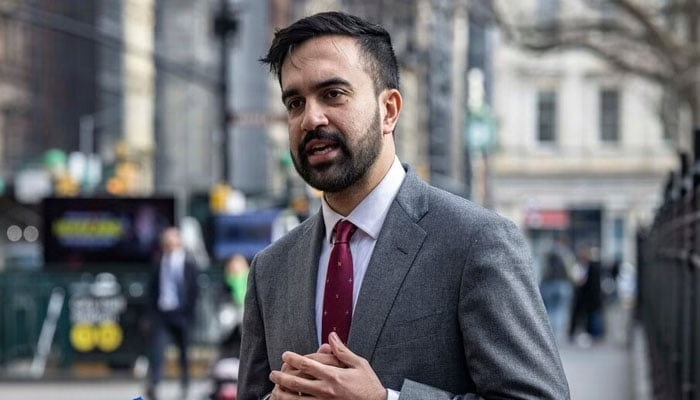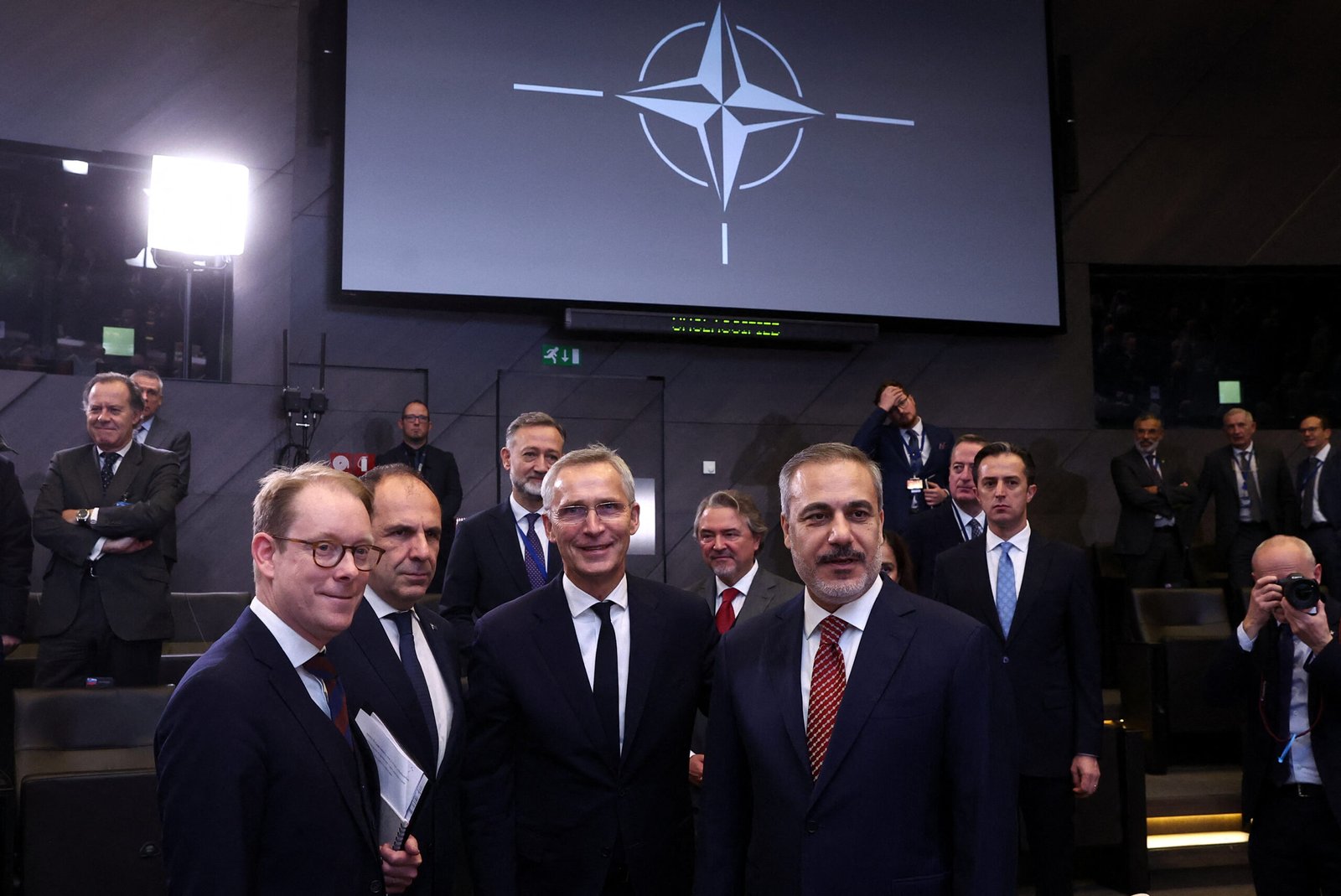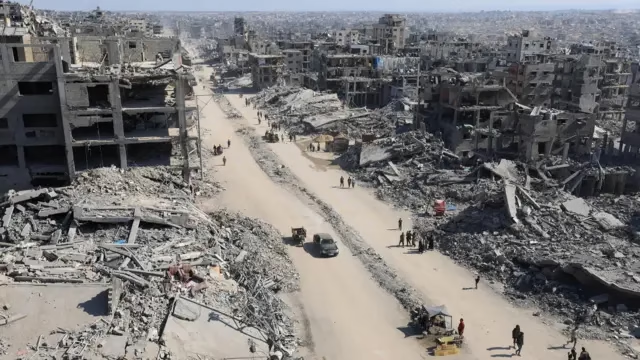The New York mayoral race has taken a troubling turn as Muslim candidate Zahran Mamdani becomes the target of Islamophobic and racist attacks from political opponents and certain sections of the media. What began as a spirited campaign about policies and change has quickly turned into a divisive battle marked by prejudice and hate. The case of Zahran Mamdani reflects how religious and racial bias can still play a destructive role in modern American politics, even in a city celebrated for its diversity and inclusiveness.
Islamophobia and Racism in the Campaign
According to The Guardian, former Governor Andrew Cuomo sparked outrage when he accused Zahran Mamdani of being a sympathizer of terrorists during a radio interview. Cuomo went so far as to claim that Mamdani would be happy if another 9/11 happened — a statement many have condemned as inflammatory, false, and rooted in anti-Muslim prejudice. In response, Mamdani called Cuomo’s words hateful and racist, saying that such rhetoric has no place in a democratic society.
Adding fuel to the fire, current New York Mayor Eric Adams labeled Mamdani a “communist,” while Republican leader Elise Stefanik branded him a jihadist candidate.These remarks, combined with racially charged campaign advertisements, reveal the growing use of Islamophobia as a political weapon in the city’s election narrative.
Political Advertising and Racist AI Campaigns
The situation escalated further when Cuomo’s team allegedly released a racist AI-generated ad that mocked Mamdani’s identity and faith. The ad was quickly condemned by human rights advocates and political observers for spreading dangerous stereotypes about Muslims. Many leaders, including former Mayor Bill de Blasio, spoke out against these tactics, calling them “un-American” and deeply harmful to democratic discourse.
For Zahran Mamdani, the experience has been both painful and motivating. He has publicly stated that his campaign stands for equality, inclusion, and respect — principles that should define every political movement, regardless of faith or ethnicity. “We only want equality and respect,” Mamdani said, emphasizing that hate-based politics will not silence him or deter his vision for a just and fair New York.
Religious Prejudice and the Israel-Palestine Debate
Much of the backlash against Zahran Mamdani has also stemmed from his outspoken support for Palestinian rights. Hundreds of Jewish community leaders have reportedly criticized his stance on Israel and his calls for a two-state solution. While Mamdani insists his views reflect humanitarian values rather than political hostility, some groups have framed his criticism of Israeli policies as anti-Semitic — an accusation he strongly denies.
Political analysts argue that these attacks are an example of how legitimate policy debates are often overshadowed by identity politics and religious discrimination. Instead of engaging with Mamdani’s ideas about housing reform, education, or social justice, opponents have focused on his Muslim identity as a means to discredit him.
Support from Civil Rights Leaders
Despite the hostility, Zahran Mamdani has received strong backing from civil rights advocates and progressive leaders across the country. Many see his campaign as a necessary challenge to the racial and religious biases that still exist within American politics.
Bill de Blasio, former New York City mayor, condemned the attacks and called for an end to Islamophobic rhetoric in public debates. He stated that targeting a candidate because of their religion “goes against the values of New York.” Similarly, organizations advocating for Muslim rights have called on election officials to ensure a fair and safe political environment for all candidates.
The Role of Billionaire Donors
Meanwhile, billionaire donors such as Bill Ackman, Michael Bloomberg, and Ronald Lauder are reportedly backing Cuomo, who remains one of Mamdani’s most vocal critics. Mamdani responded by saying that their opposition only strengthens his resolve. Their resistance is proof that I’ve become a threat to the system that resists real change, he said.
Political experts interpret this clash as symbolic of a larger ideological divide — one between entrenched elites protecting the status quo and emerging leaders like Zahran Mamdani, who represent marginalized communities and demand genuine reform.
A Symbol of Change and Representation
At its core, the controversy surrounding Zahran Mamdani underscores the importance of representation in politics. His campaign gives voice to Muslim Americans and people of color who have long been underrepresented in positions of power. By standing firm against hate and maintaining his focus on equality and justice, Mamdani has transformed these attacks into a rallying cry for unity and inclusion.
Many voters believe that the way Mamdani has handled the smear campaign — with composure, dignity, and confidence — demonstrates his readiness to lead. His ability to rise above personal attacks and focus on policy discussions resonates deeply with New Yorkers seeking a leader guided by principles rather than prejudice.
The case of Muslim candidate Zahran Mamdani in the New York mayoral election is more than just a local political dispute — it’s a reflection of the challenges facing modern democracy. Islamophobia and racism continue to infiltrate political campaigns, threatening to divide communities and silence diverse voices.
Yet, Mamdani’s unwavering stance against hate offers hope. His campaign reminds the public that leadership is not about background or belief but about the courage to stand for equality, justice, and truth. As New York approaches a crucial election, the story of Zahran Mamdani stands as both a warning against prejudice and a testament to resilience in the face of hate.



